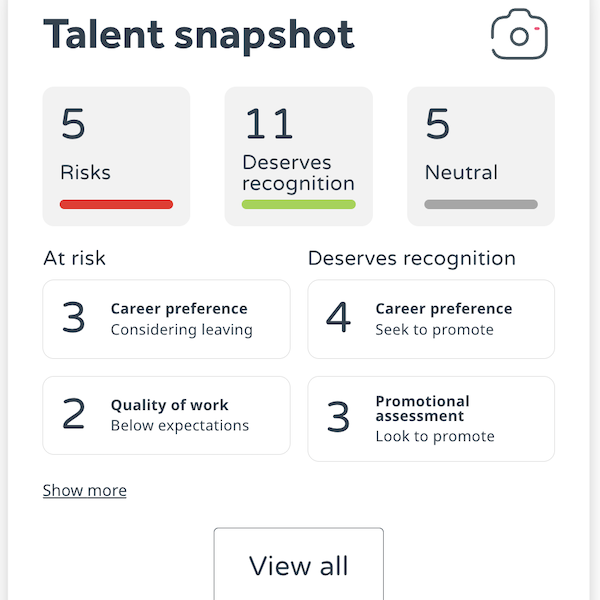Of all the thousands of hours of broadcasting and millions of words written about the 2012 Olympic Games, I think one paragraph stands out as having something really important to say about what motivates people. It was not written by an athlete or a sports commentator, but by a writer – Frank Cottrell Boyce, the man who wrote the script for the opening ceremony of the Olympiad.
The Independent newspaper asked him what legacy he would like to see from the Games, and his reply, somewhat surprisingly, was not really about sport. Boyce said that he thought we saw the best of ourselves in that fortnight – on the field of play, in the stands, and especially in the volunteers and ‘games makers’ who helped the whole event run so smoothly. He said he would like this altruistic, connected side of us taken into account more when political decisions are made about the running of the country.
And then he turned to what motivates people to give their time to such an event, compared with the way rewards in business are currently structured: “For years, we’ve been told that you need to give massive salaries and bonuses to the “best” people in order to keep them. In the past two weeks, we’ve seen brilliant work done by people – athletes, coaches, volunteers – who have no notion of financial reward”.
In fact the really well-known athletes can do very well out of their fame, but Boyce’s comment applies exactly to the hundreds of unknowns who competed in the London games, as well as to the thousands of volunteers – who put their utmost efforts into their performance, without worrying about the money involved.
The point is that the best people are attracted to challenges and driven by loyalty, vision, altruism and fun. But then Boyce went on to look at the other side of the coin – at the people who are not interested in the other factors that motivate performance at work but care only about chasing the big bucks – people who, he suggests, “are not the best but, in fact, the worst – disloyal, unimaginative, restless and unsatisfied. For years, we’ve been systematically seeking out the very worst people and putting them in charge of our banks and big companies”.
This is provocative stuff, but the argument does not have to be about altruism vs. money – that’s an oversimplification that will lead only to arguments about privilege and envy. Both are important – people need enough money so they don’t have to worry about it, and there can be some benefit in rewarding skill, effort and loyalty, but the real rewards lie elsewhere.
As with all league tables, metrics, targets, etc, the risk in making pay a significant part of working life is that employees will start to focus more on their pay and less on the actual work that satisfies the customers. As meeting their target becomes their work, they increasingly game the system, and in the end they are working for themselves and not for you or the customers.
So, like some others in the field, we have suggested that money needs to be kept off the table when looking at the reward structure in organisations, as responsibility, learning, social connections and so on (see previous posts) are the main rewards of working. If you focus your company culture on providing the real rewards that everyone needs instead of playing to people’s wants, you will find in the end that your organisation contains more of the best people and fewer of the others.
Even if the actual people don’t change.
Interested in understanding your people? We can help there- it’ll cost you nothing to see a demo of WeThrive to learn how to motivate people in your team.


